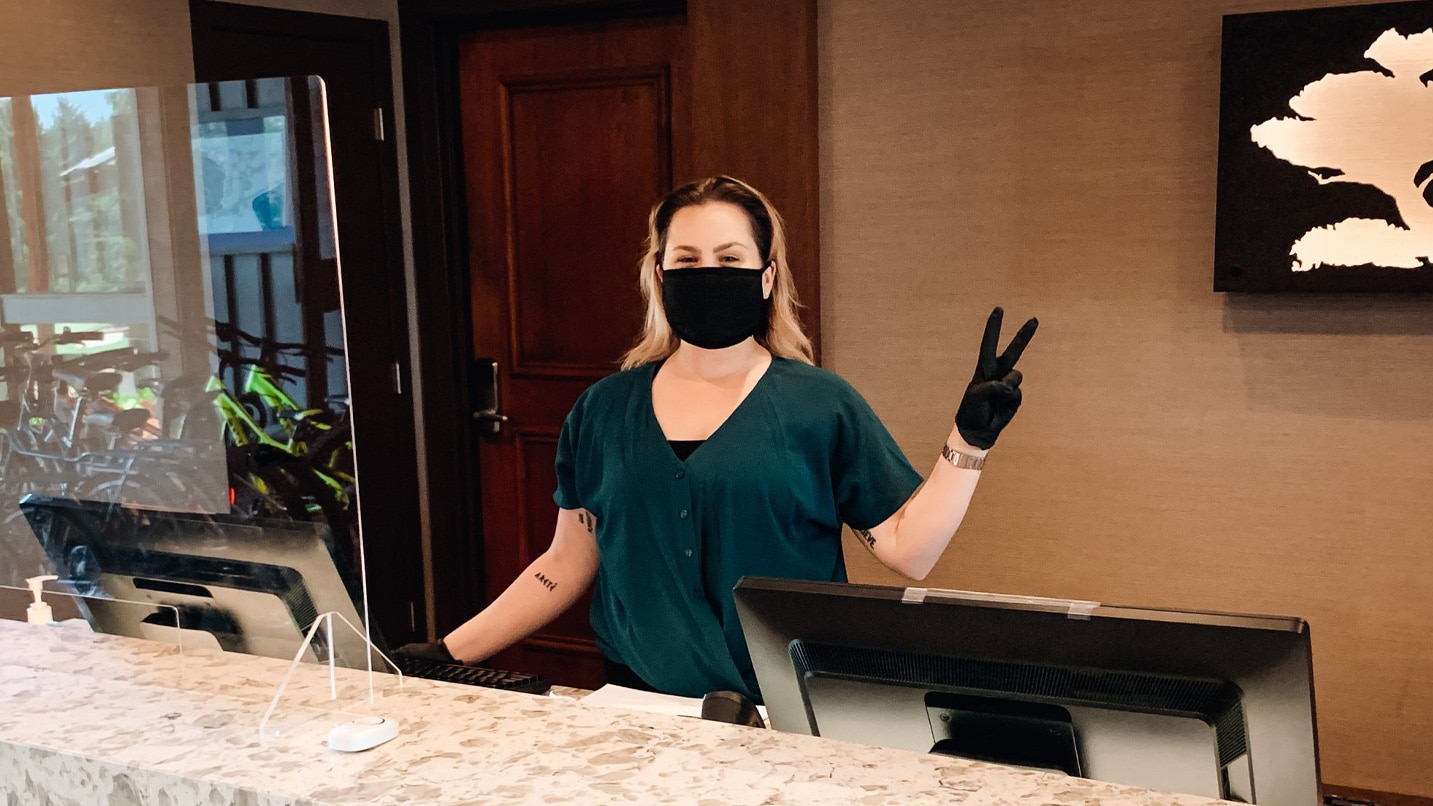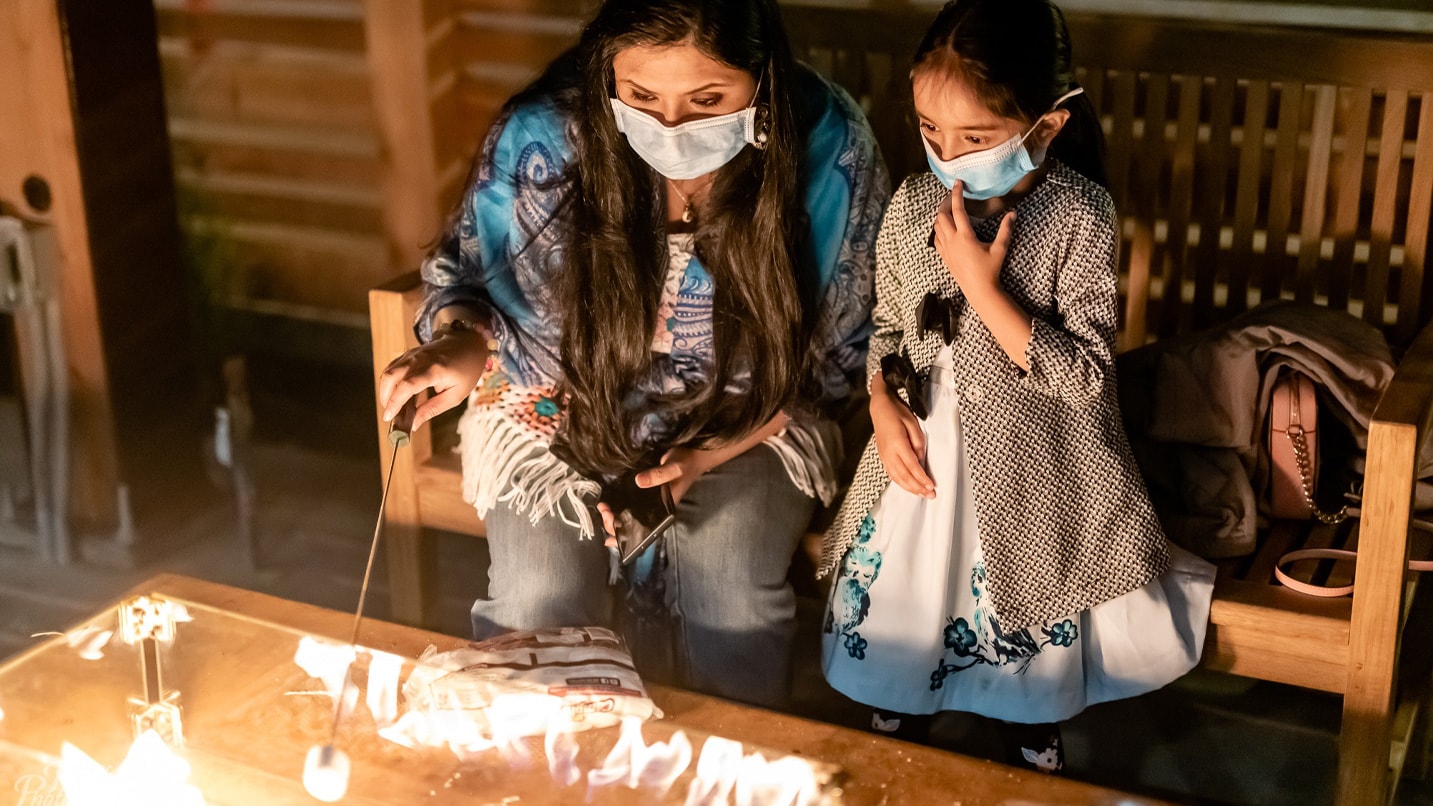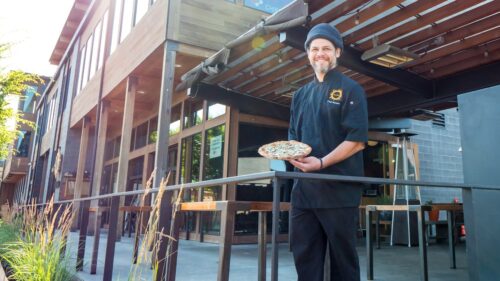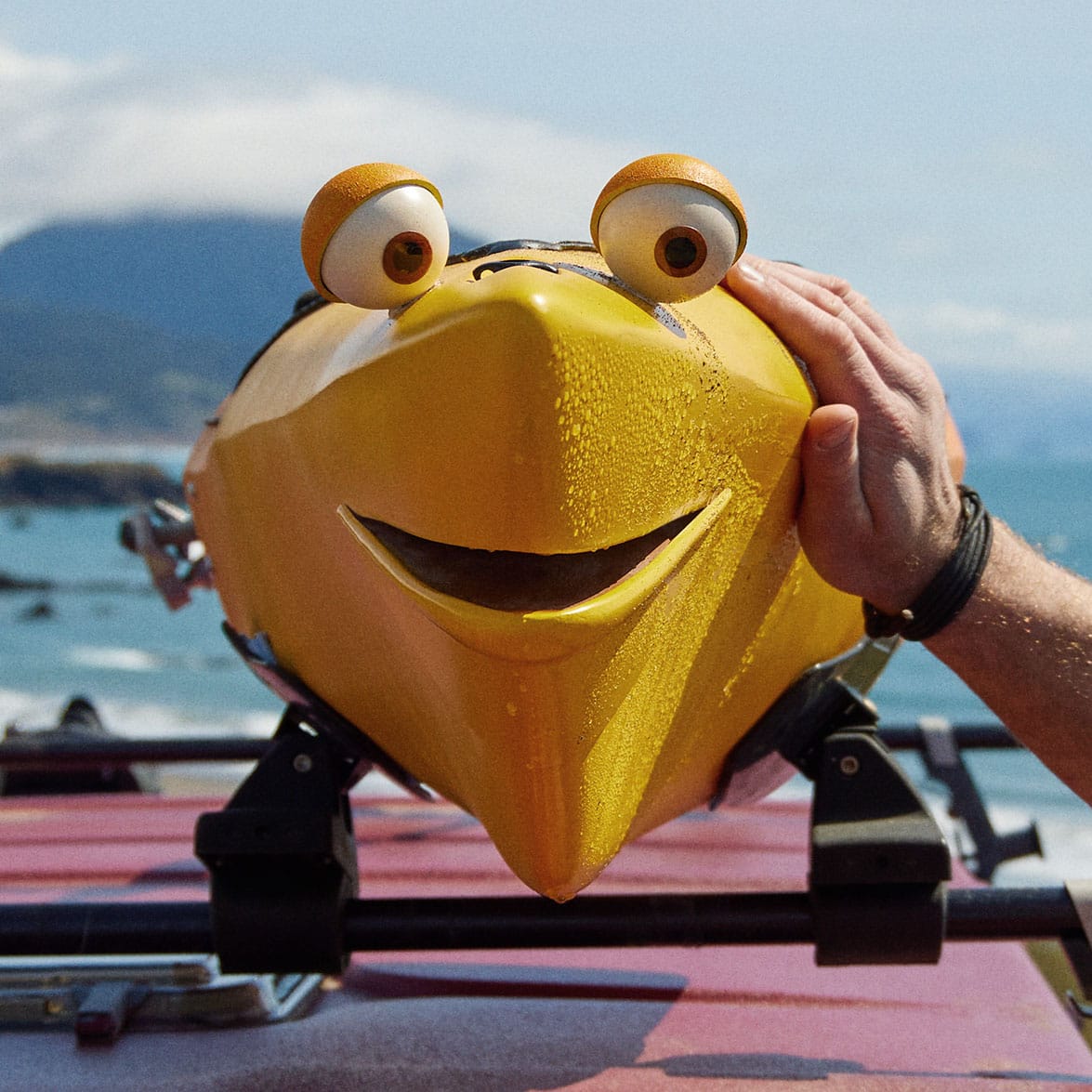Editor’s note: Call destinations before you visit to make sure they’re open. Follow all COVID-19 guidelines, get vaccinated before you travel and remember to bring your face covering.
Top Things To Know:
- Do your research
- Be ready for different check-in procedures
- Face coverings may be required
- Extra cleaning protocols are in place
- Be prepared to order take-out
- Be patient, flexible and kind
After a day of adventure, there’s nothing quite like returning to one of Oregon’s many exceptional lodging properties, where amenities abound and staff treat you like family. These days, the hotel experience looks a little different — but for good reason. Lodging accommodations across the state have been able to provide top-notch service while also keeping guests and staff safe by adhering to a series of guidelines aimed at preventing the spread of COVID-19. Here’s what you can anticipate when planning your stay at hotels, motels, and bed and breakfasts in Oregon right now.
It Helps to Do More Research
Shifting guidelines on the state, county and local levels mean that choosing a place to stay these days requires more research ahead of time. Before securing any plans, check the county’s phased reopening status. Once you’ve started your search for a place to stay, look for hotels displaying a Committed to Safety seal, a designation by the Oregon Restaurant and Lodging Association (ORLA) that indicates the establishment is in compliance with best practices related to COVID-19. These safety measures include things like floor markings that indicate 6-foot distancing and employees frequently disinfecting commonly used surfaces such as door handles. Once you feel good about your choice, visit the hotel’s website or give the business a call to get an understanding of the changes they’ve made to operate safely, and keep in mind that some amenities may no longer be an option.
In phase two of the governor’s framework for reopening Oregon, pools, spas and fitness centers are allowed to reopen; however, it is up to each property to decide whether to do so. The SaltLine Hotel in Seaside, for example, allows you to reserve 30-minute increments for the pool and hot-tub area, so that you and your family can enjoy the area all to yourself. Knowing these details ahead of time, especially for the amenities you’re most excited about, can help ensure you have the best experience during your stay.

New Check-In Procedures
Many overnight accommodations have changed their check-in procedures to limit face-to-face interaction between staff and guests and to limit the number of guests in the lobby at one time. “Distancing inside the hotel lobby is a cornerstone at this point,” says Jason Brandt, president and CEO of ORLA. He added that there’s been a move toward contactless check-in so that more of the information exchange that typically happens in the lobby upon arrival for your stay now happens online. With some hotels, you will only have to go into the lobby to retrieve a room key while others have come up with ways to avoid that altogether. At Salishan Coastal Lodge in Gleneden Beach, for example, you can request to have staff bring a key to your vehicle.
Face Coverings May Be Required
Under statewide protocols, businesses have the choice to continue requiring everyone to wear a face covering regardless of vaccination status or to allow fully vaccinated visitors to forgo a face covering. If a business chooses the latter, they may request you verify your vaccination status. Carry proof of your vaccination status with you and keep in mind that a business asking you for this verification is not a violation of HIPAA. Always carry a face covering with you and be flexible and courteous if you’re asked to wear one.
At hotels where face coverings are required, they’re required in common areas such as the lobby and elevator but are not necessary in the privacy of your own room.

More Emphasis on Cleaning
While your favorite lodging facilities around the state have always maintained a good cleaning regimen, the pandemic has beckoned heightened scrutiny on sanitation procedures. Before you arrive, statewide protocols advise staff to open windows and doors to increase air circulation, and are hyper-focused on disinfecting commonly touched surfaces such as television remotes, light switches, doorknobs, bathroom fixtures and coffee machines.
Some establishments may also use heat or steam to sanitize soft surfaces, and others have switched to allowing for 24 hours between guest stays. Be advised that cleaning staff may be using products that contain bleach, so be careful about which hard surfaces are touching your hands and clothes if you are sensitive. Consider leaving a gratuity for housekeeping staff to show your appreciation for all of their hard work. (Look for the gratuity envelope in your room.)
Enjoy Your Food to Go
Under the state guidelines, indoor dining is limited based on a county’s risk level and some hotels have closed their restaurants and communal continental breakfasts. Many lodging facilities offer breakfast in a to-go box, which you can enjoy in your room or at a nearby park. Many hotels will offer online ordering options, and if they don’t, hotel staff will likely help you with food delivery options. Also, while you can normally expect most Oregon hotels to use sustainable practices, be prepared to see more single-use items such as disposable plates and plastic forks and knives as an added safety precaution during COVID-19.
Be Flexible, Patient and Kind
Be extra cognizant of how you’re treating frontline workers, such as waitstaff and receptionists, as the added strain from shifting standards is something they’re also feeling. When in doubt, lead with kindness.



